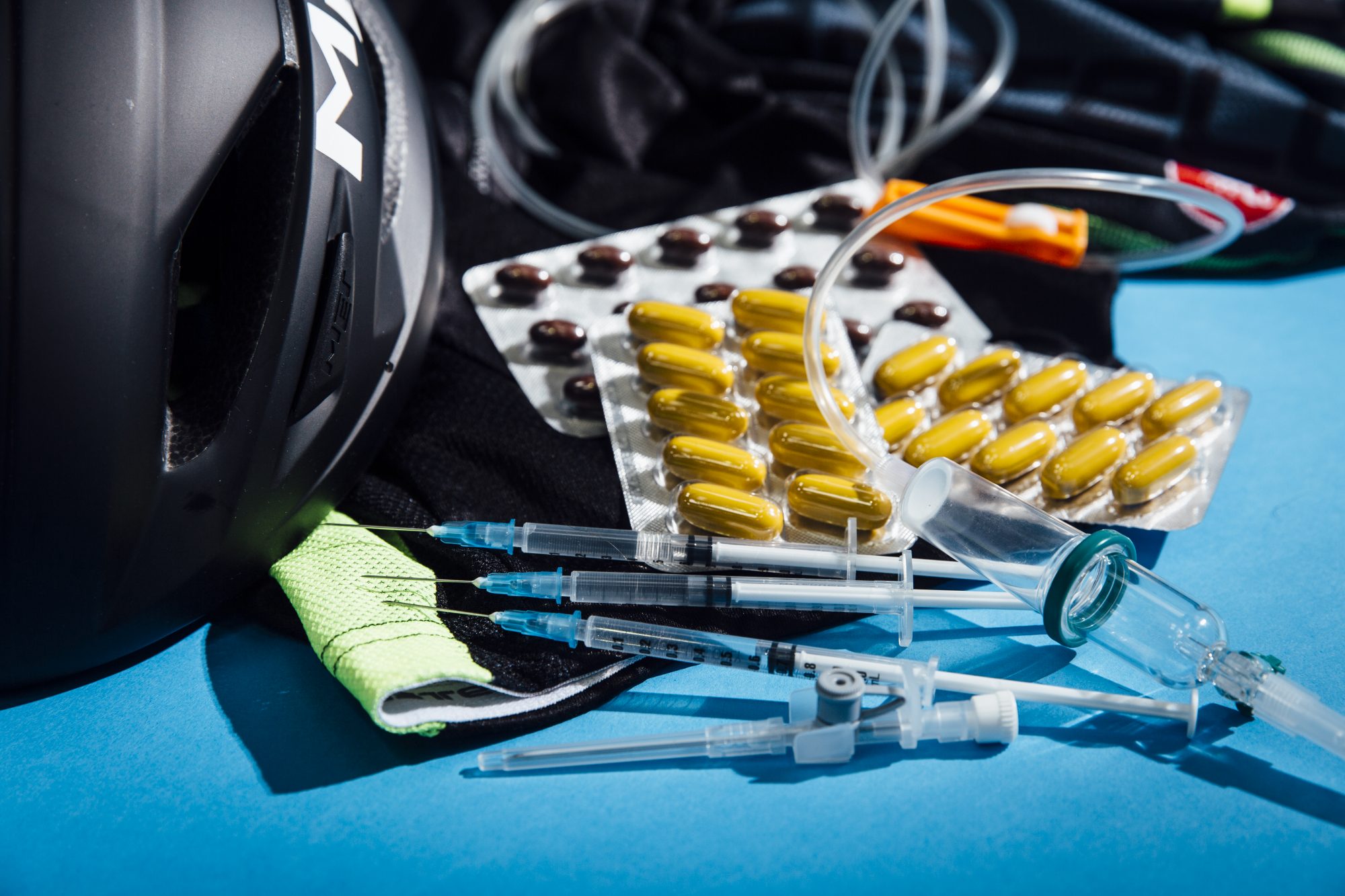Anti-doping laboratory refining test for microdoses of EPO
The new test should allow EPO to be detected up to 48-hours after administration


A French laboratory believes it has discovered a new way to detect 'microdoses' of erythropoietin (EPO).
The Châtenay-Malabry laboratory, which developed the first test for the detection of EPO 20 years ago, said the new test could show traces of the drug 48-hours after it's been administered, as opposed to the current 24-hour window.
>>> Vuelta boss wants UCI to hand 2011 title to Chris Froome if Cobo decision upheld
It is believed that microdoses - which have to be taken every two days to have an effect - have been used since the first EPO test was developed, allowing users to gain a performance benefit without being caught.
These microdoses may also allow blood levels to stay high, after they've been artificially raised.
Lemonde.fr reports that the director of the laboratory, Michel Audran, said last year: "The practice may be to make blood transfusions for a fortnight, return to the race with high hemoglobin and maintain levels with microdoses of EPO."
Speaking at a press conference on Thursday, he said: "It is important [for cheating athletes] to spend 24 to 48 hours [avoiding] detection, because in these protocols, it is estimated that cheaters make microdoses every two days. "
The latest race content, interviews, features, reviews and expert buying guides, direct to your inbox!
"We can detect microdoses EPO a minimum of 48 hours after taking, while it is now difficult to arrive at 24 hours. "
He was speaking at the headquarters of the French Agency for the Fight Against Doping (AFLD).
Earlier this year, two amateur cyclists were suspended by the UCI following anti-doping tests allegedly pointing towards EPO use, and this month Colombian cyclist Jarlinson Pantano announced his retirement from cycling following an EPO anti-doping positive test earlier this year - though he says he is innocent.
The test will need to be validated by the World Anti-Doping Agency (WADA) before it can be put into use, and it is projected that the improved test could be in action by the beginning of 2020.
It means that less than 10 international units per kilo, which equates to 600 IU for a 60kg rider, could be detected even 48-hours after being administered.
Michelle Arthurs-Brennan the Editor of Cycling Weekly website. An NCTJ qualified traditional journalist by trade, Michelle began her career working for local newspapers. She's worked within the cycling industry since 2012, and joined the Cycling Weekly team in 2017, having previously been Editor at Total Women's Cycling. Prior to welcoming her first daughter in 2022, Michelle raced on the road, track, and in time trials, and still rides as much as she can - albeit a fair proportion indoors, for now.
Michelle is on maternity leave from April 2025 until spring 2026.
